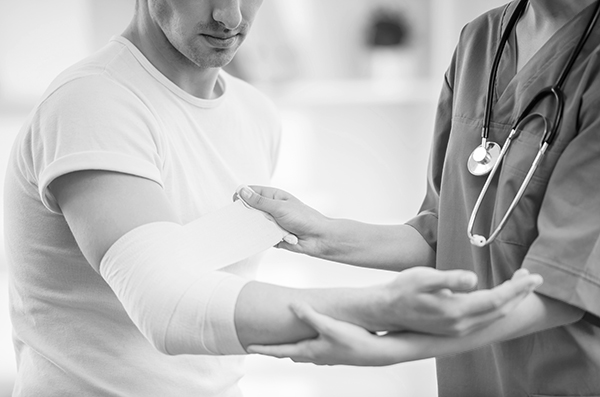Vitamin B12 and Folate Deficiency
December 2019
There is much to understand about Vitamin B12 and Folate deficiency amongst the elders and younger generations, so read through the blog to understand it better

When does severe bleeding occur?
Bleeding refers to blood loss inside/outside the body. With minor cuts or wounds, the bleeding stops when the blood starts to clot. But in cases where the wound is severe or deep, it may bleed profusely and may take really long time to clot. In such cases waiting for the blood to clot could be harmful and even life-threatening. The bleeding must be stopped as soon as possible.
Severe bleeding can occur even in cases of minor to medium cuts when the person is taking certain medicines like blood thinners which are generally given to heart patients. It is an anticoagulant that prevents or reduces coagulation of blood, thus prolonging the time taken for clotting.
What are the dangers if bleeding is left untreated?
If the wounded person loses a lot of blood then he may become unresponsive or develop a hypovolemic shock. A hypovolemic shock occurs when the body has lost 1/5th of its blood thus making it difficult for the heart to pump enough blood to the rest of the body. It requires immediate medical attention failing which it could lead to organ failure and eventual death. Young children and older adults are most susceptible to this.
What you should do if a severe head injury occurs?
If there are no embedded objects in the wound, apply pressure directly on the wound.
While waiting for medical staff, ask the injured person if they are taking any medicines. Assure them that help is on the way and keep them calm.
